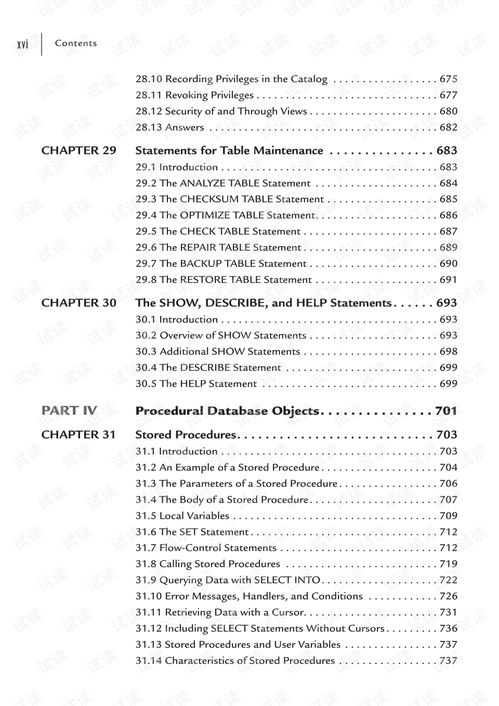Content:
Introduction: Fishing is a timeless hobby that offers relaxation, adventure, and a chance to connect with nature. Whether you are a seasoned angler or a beginner, there is always something new to learn about the art of fishing. One of the most common challenges faced by new anglers is how to catch fish effectively. In this article, we will explore some essential tips to help you improve your fishing skills and increase your chances of success.
Understand the Basics: Before you start fishing, it is crucial to understand the basics. Familiarize yourself with different types of fishing equipment, such as rods, reels, lines, hooks, and lures. Learn about the various fishing techniques and methods that are suitable for different types of fish and water bodies.
Choose the Right Location: Selecting the right fishing spot is vital for successful fishing. Research the best locations for the type of fish you want to catch. Consider factors such as water clarity, depth, structure, and the presence of vegetation. Ask local anglers or consult fishing maps and guides to find the best spots.
Familiarize Yourself with the Fish: Different fish species have different behaviors and preferences. Research the fish you want to catch, including their feeding habits, preferred temperatures, and the type of bait or lure they are attracted to. This knowledge will help you tailor your approach and increase your chances of success.

Use the Right Bait or Lure: The type of bait or lure you use can make a significant difference in your fishing success. Here are some general guidelines:
a. Live Bait: Live bait, such as worms, crickets, or minnows, can be highly effective for attracting fish. Use bait that is naturally found in the water body you are fishing, as it will be more appealing to the fish.
b. Artificial Lures: Artificial lures, such as spinnerbaits, crankbaits, and jigs, can mimic the movement of natural prey and attract fish. Experiment with different lures to find the ones that work best in your specific fishing environment.
c. Natural Bait: Natural bait, such as insects, frogs, or small fish, can be effective for certain species. Use bait that is commonly found in the water body you are fishing.
Pay Attention to Weather and Conditions: The weather and water conditions can significantly impact your fishing success. Fish tend to be more active during certain weather patterns, such as overcast days or during dawn and dusk. Keep an eye on the weather forecast and water conditions, such as temperature, clarity, and flow, to choose the best times for fishing.
Cast with Precision: A well-executed cast is essential for successful fishing. Practice your casting technique to ensure you can accurately place your bait or lure in the desired location. Remember to keep your line taut and aim for a smooth, controlled cast.
Read the Water: Understanding the behavior of fish in different water conditions is crucial for successful fishing. Observe the surface of the water for signs of fish activity, such as ripples, bubbles, or splashes. Look for areas with vegetation, rocks, or other structures that may attract fish.
Patience is Key: Fishing requires patience and persistence. Fish may not bite immediately, so it is essential to remain calm and patient. Be prepared to wait for the right moment, and don't get discouraged if you don't catch anything right away.
Conclusion: Fishing is a rewarding hobby that can be enjoyed by anglers of all skill levels. By understanding the basics, selecting the right location and equipment, and adapting your techniques to the fish you want to catch, you can improve your chances of success. Remember to practice patience and enjoy the process of learning and improving your fishing skills. Happy fishing!












